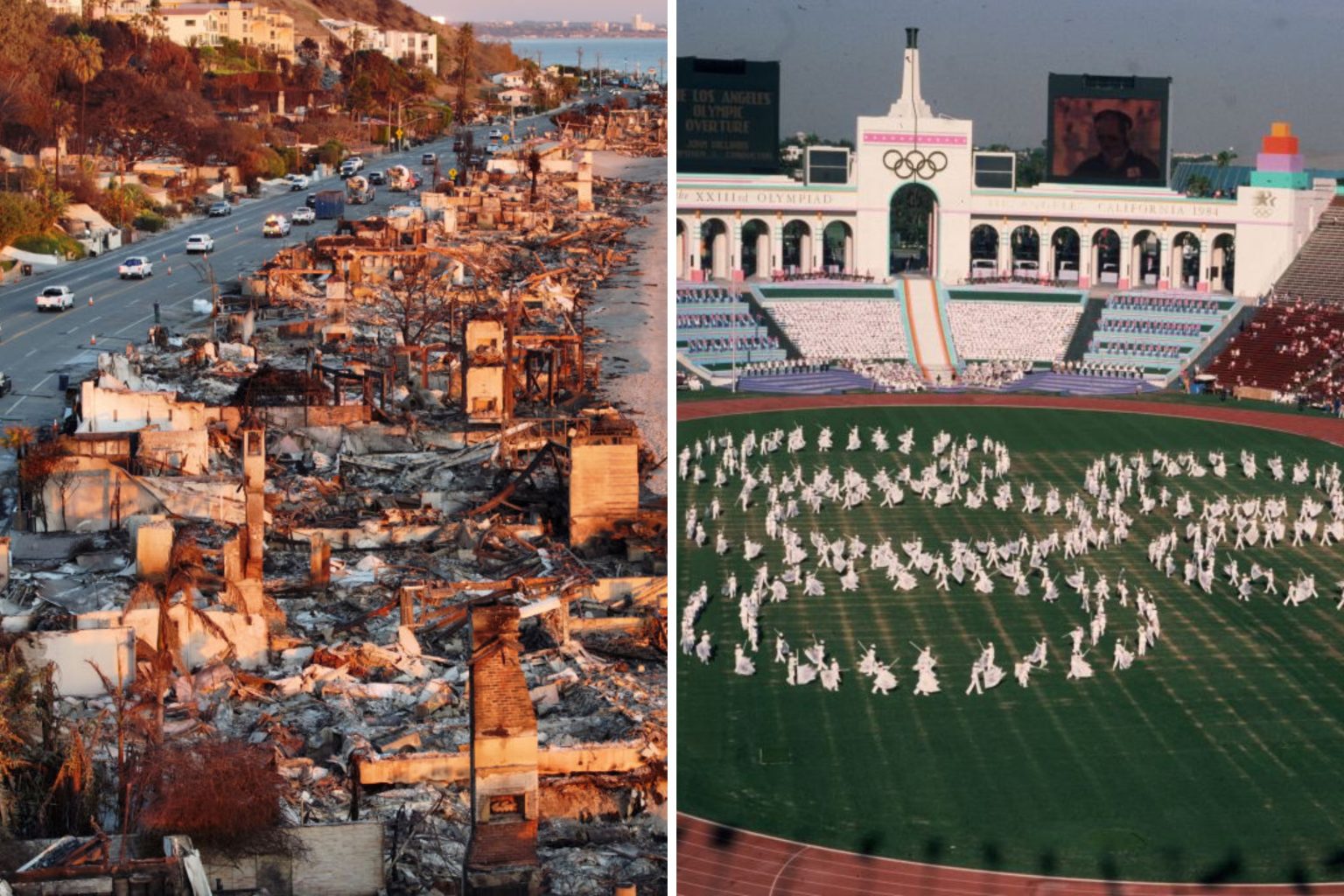Los Angeles’s upcoming role as host of the 2028 Olympic Games presents a complex interplay of potential benefits and significant hurdles. While the city boasts prior experience hosting the Games in 1932 and 1984, coupled with existing infrastructure and a familiarity with managing large-scale global events, the current context raises concerns about its preparedness. Escalating costs associated with hosting the Games, a persistent housing shortage, and the looming threat of environmental disasters, particularly in the wake of recent devastating wildfires, cast a shadow over the city’s ability to successfully manage the event. These challenges necessitate a careful evaluation of whether prioritizing the Olympics aligns with the city’s long-term needs and the well-being of its residents, especially in the face of rebuilding efforts required after environmental catastrophes.
Expert opinions on Los Angeles’s readiness diverge significantly. Some scholars, like Professor Gerard Francisco Sandoval, argue vehemently against hosting the Games, citing the city’s strained resources and the potential exacerbation of existing problems. He points to the ecological fragility of Los Angeles, its dependence on imported water, and the inadequacy of current resources to combat climate change-related disasters like wildfires. Furthermore, Sandoval emphasizes the potential strain on affordable housing, with an influx of visitors competing with locals for already scarce accommodations, potentially worsening the existing homelessness crisis. He advocates for investing in affordable housing solutions rather than diverting resources to the Olympics.
Other experts, such as Dr. James K. Mitchell, focus on the unprecedented challenge of managing a major global event amidst the backdrop of escalating environmental risks. The recent wildfires highlight the vulnerability of even sophisticated emergency preparedness systems, raising serious doubts about the feasibility of ensuring a successful Olympic Games if similar disasters strike during the event. Mitchell stresses the need for proactive measures, including upgrading communication, evacuation, and sheltering systems, and implementing fire-resistant construction and vegetation management practices to mitigate future risks. This proactive approach, he argues, is crucial for enhancing the city’s resilience and preparedness for unforeseen events.
A more fatalistic perspective is offered by Dr. Bill Chameides, who argues that no location is truly equipped to handle the increasing frequency and intensity of “unnatural disasters” driven by climate change. This perspective underscores the inherent uncertainty and risk associated with hosting large-scale events in an era of escalating climate instability, regardless of the location or level of preparedness. Chameides’ view suggests a need for a broader re-evaluation of how major global events are planned and executed in the face of these emerging challenges.
A more nuanced perspective comes from Dr. Robert N. Stavins, who acknowledges Los Angeles’s likely physical capacity to host the Olympics but questions the city’s emotional and mental readiness in the aftermath of wildfires, economic pressures, and infrastructure concerns. He posits that the desire to demonstrate resilience might outweigh the lingering effects of recent disasters, leading to the Games proceeding as planned. This view raises the question of whether the pursuit of showcasing resilience might overshadow the need for addressing underlying issues and prioritizing long-term recovery.
Finally, Professor Rob Shields echoes Sandoval’s concerns, arguing against hosting the Games and advocating for prioritizing the rebuilding of a sustainable city. He highlights the potential conflict between funding large-scale sporting events and addressing the fundamental needs of residents. Shields emphasizes the importance of community involvement in decision-making processes, suggesting that the success of rebuilding efforts hinges on the ability of citizens to advocate for their needs and prioritize sustainable development over short-term gains associated with hosting the Olympics. His perspective underscores the need to balance the aspirations of hosting a global event with the long-term well-being and sustainability of the host city and its residents.
In conclusion, the decision to host the 2028 Olympics in Los Angeles presents a complex dilemma. While the city possesses experience and infrastructure, the backdrop of escalating costs, housing shortages, and environmental vulnerabilities raises significant concerns. Expert opinions range from outright opposition to cautious optimism, highlighting the need for a comprehensive assessment of the risks and benefits. Ultimately, the success of the Games will depend on the city’s ability to address these challenges proactively, prioritize the needs of its residents, and ensure that the pursuit of global recognition does not come at the expense of long-term sustainability and community well-being. The decision to host the Olympics should not overshadow the critical need for investment in affordable housing, infrastructure improvements, and climate resilience measures, ensuring that the legacy of the Games is one of positive transformation rather than exacerbating existing challenges.

